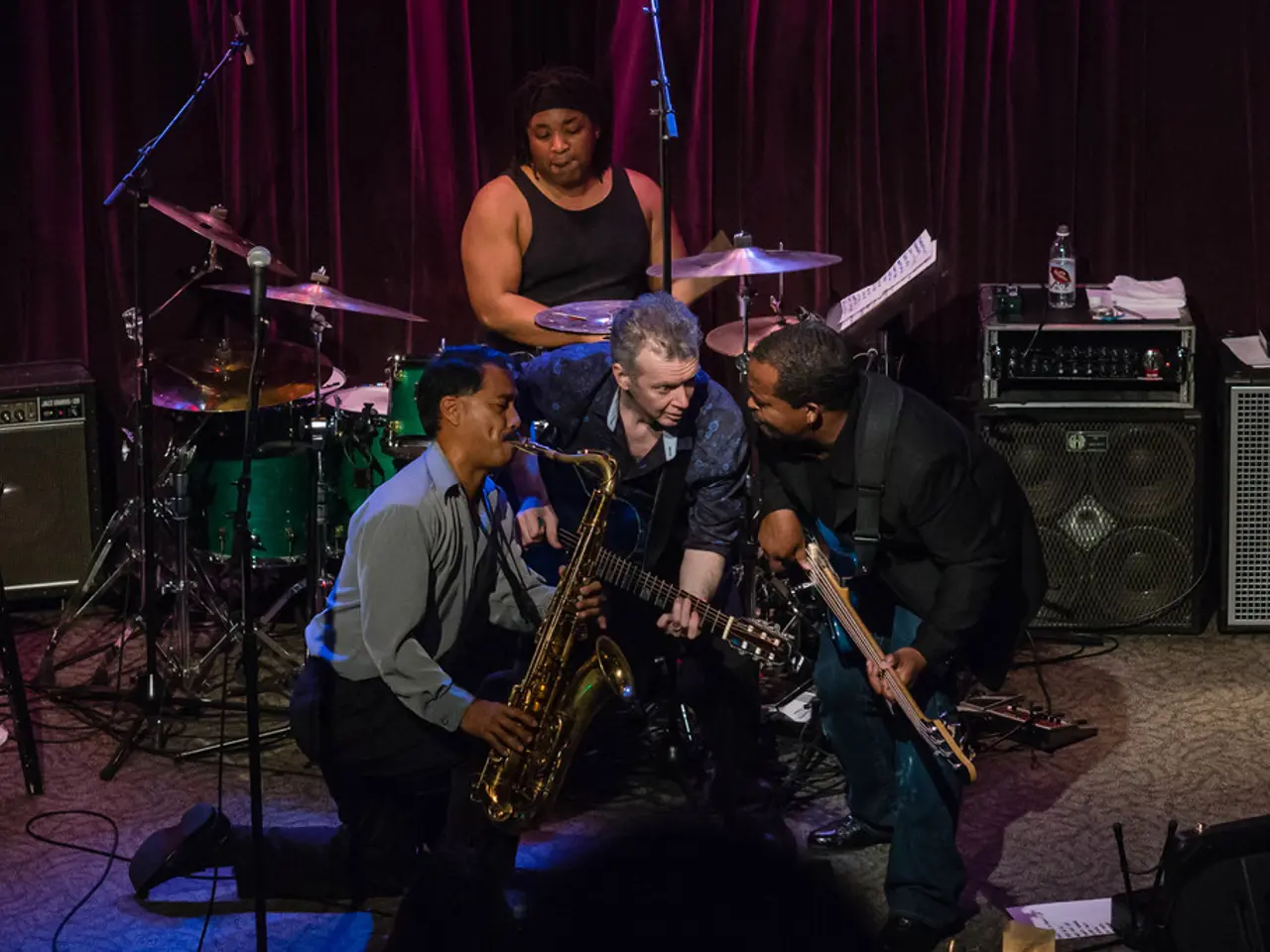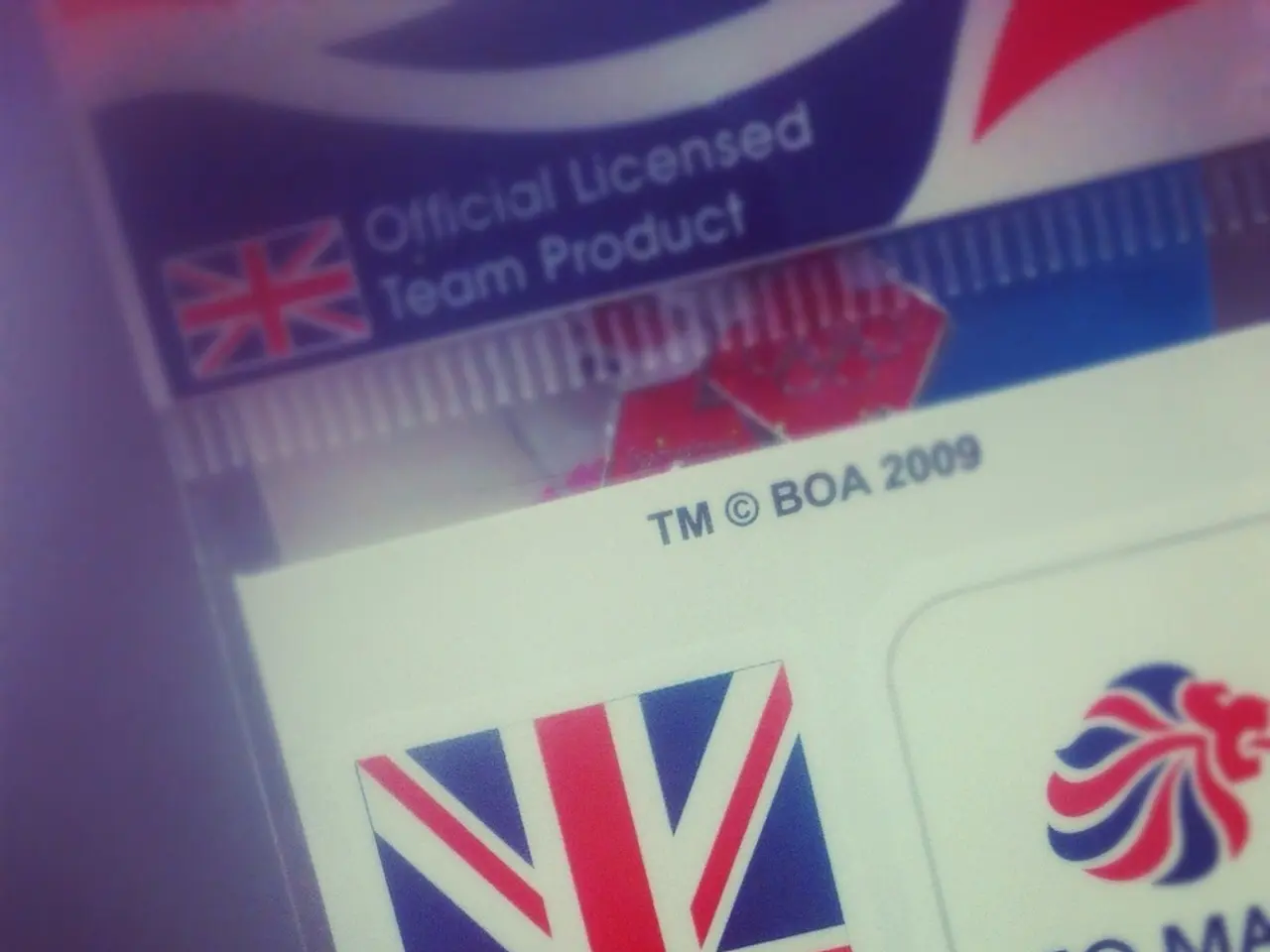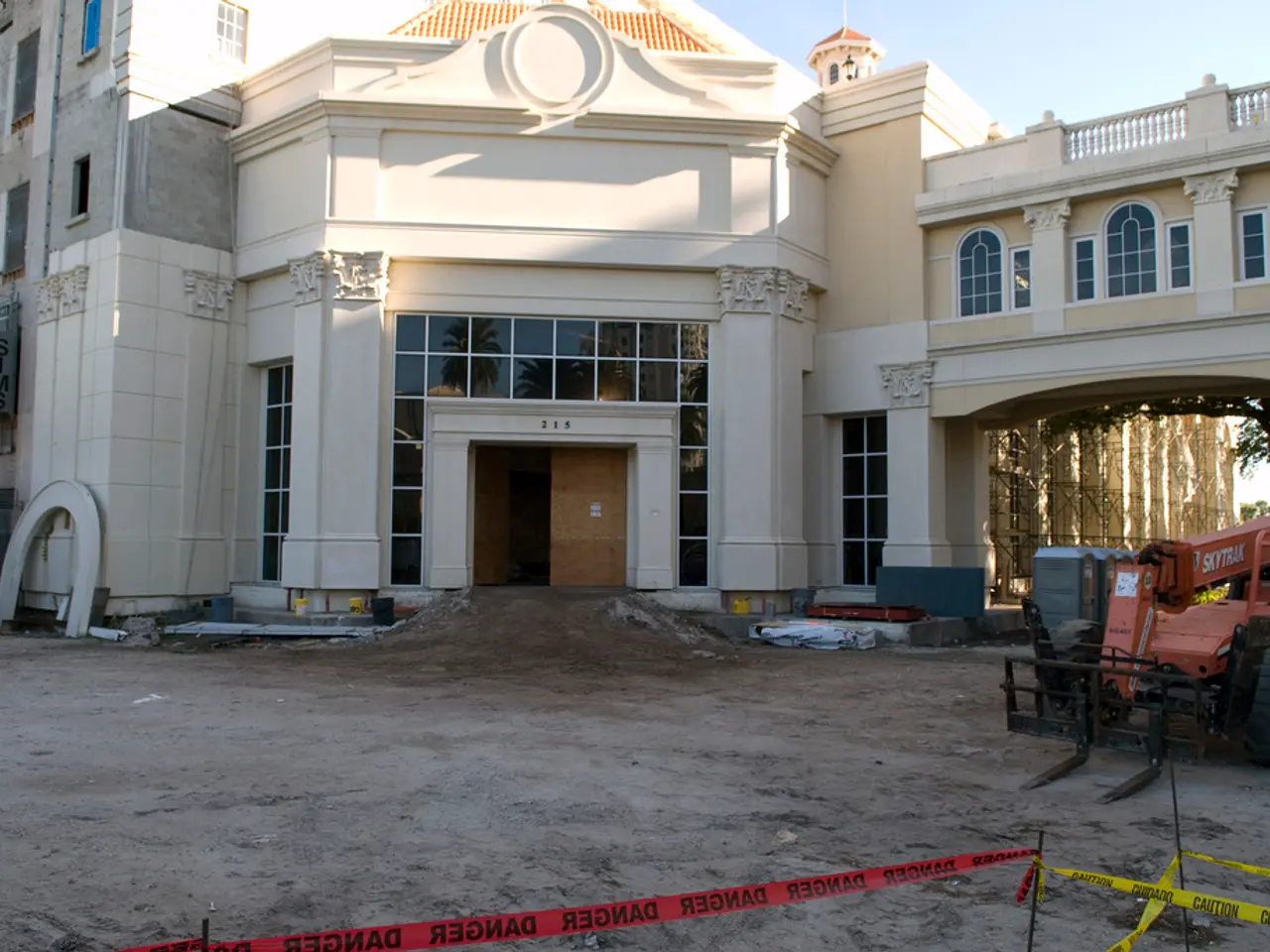Linux-compatible Plugins and Digital Audio Workstations (DAWs) to Enhance Your Music Production Experience
In the world of music production, Linux users no longer have to feel left out. Beyond the DAWs and plugins featured in MusicRadar’s “Plugin Week 2025” guide, a rich collection of free and commercial software is now accessible to Linux users.
One such DAW is Tracktion Waveform Free, which offers cross-platform support including Linux, providing unlimited tracks and a professional workflow with no feature restrictions. LMMS (Linux MultiMedia Studio), a free, open-source alternative, is popular for electronic music production, though it has some limitations compared to commercial DAWs. Qtractor, another open-source DAW designed for Linux, is suitable for multi-track recording and MIDI editing. Rosegarden, an open-source MIDI sequencer and notation editor, is ideal for composers and arrangers.
The realm of plugins and instruments is equally diverse. u-he's collection of high-end synths and effects, including Hive and Repro, is available as Linux-native plugins. TAL Software's Noisemaker, Dub-III, and BassLine, Audio Damage's ADverb, ADmiralQuality, and ADclip, Klangfreund's various plugins, Chowdhury DSP's DSP tools and effects, Sinevibes' creative effects, VCV Rack's virtual modular synthesis environment, Vital Audio's Vital (a popular wavetable synth), blepfx's various effects and utilities, RV Audio Design's various audio tools, UnplugRed's synthesizers and effects, Inphonik's instrument emulations, Punk Labs' VST instruments, midilab's MIDI utilities, Audiothing's creative effects and instruments, Auburn Sounds' effects and instruments, discoDSP's synthesizers, Sononym's sample management and creative tool, and many more are all compatible with Linux.
Significant progress in Linux audio infrastructure, such as PipeWire and Wayland, is making Linux a more attractive platform for serious music production. PipeWire and WirePlumber improve compatibility and reduce latency, while Wayland now supports low-latency audio in many Linux distributions. VCV Rack, while not a DAW, provides powerful modular synthesis capabilities on Linux. VCV Bridge and Linux VST Hosts allow running Windows VST plugins via Wine or other compatibility layers, expanding the available plugin catalog.
Community forums and recent blog updates remain valuable resources for finding the latest compatible tools. LMMS and Renoise support standard plugin formats, allowing for the use of a variety of plugins to enhance the music-making experience. Samplev1, a classic sample playback engine with a simple interface, hosting just one sample at a time and offering standard synthesis modules and effects, is another option.
Ardour, a free and open-source DAW, includes features for recording, editing, routing, mixing, effects, instruments, automation, and more. Bitwig Studio, a paid DAW, offers support for linear and non-linear arrangements, a wide range of in-built processors, instruments, and tools, and has a Linux-native version. Renoise is a modern tracker software that combines a classic tracker interface with a modern sampling, automation, and mixing environment. It also offers Redux, a combined sampler and tracker in plugin format.
Waveform 12, the latest iteration of the Tracktion DAW, is available in both Free and Pro editions and runs well on a standard Ubuntu installation. LMMS, a free and open-source software, is similar to premium DAWs like FL Studio, focusing on creating and layering loops and musical patterns. It supports standard plugin formats and is available for Windows and macOS as well.
VCV Rack 2 is a modular synthesis application that exposes its audio, MIDI, and CV ports via JACK, making it easy to patch into the rest of your studio. It offers hundreds of professionally produced modules within the free edition. Vital is a synth similar to XFer Serum, featuring three powerful wavetable oscillators, dual filters, and many modulation sources. It offers a free edition, a $25 Plus edition, and a $80 Pro edition, and includes native Linux support.
The Linux Studio Plugins package (LSP) offers a large collection of effects, processors, and meters in every Linux-native format, featuring attractive GUIs and high-end features.
In conclusion, the growing ecosystem of Linux-compatible music production tools is providing Linux users with a wealth of options for their music-making needs. The progress in Linux audio infrastructure and increased vendor support are making Linux a viable platform for serious music production. Community forums and recent blog updates remain valuable resources for finding the latest compatible tools.
In the vast realm of music production, Linux users can now utilize technology such as Tracktion Waveform Free, a DAW with cross-platform support and no feature restrictions, alongside open-source alternatives like LMMS, Qtractor, and Rosegarden. The world of plugins and instruments also caters to Linux users, with offerings like u-he's synths, VCV Rack's modular synthesis environment, and the Linux Studio Plugins package, expanding their entertainment options. This advancement in Linux audio infrastructure, coupled with significant progress in PipeWire, Wayland, and tools like VCV Bridge and Linux VST Hosts, is transforming Linux into an attractive platform for serious music production and entertainment.




